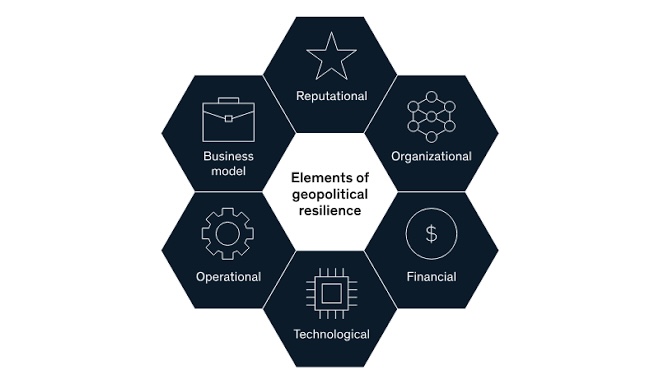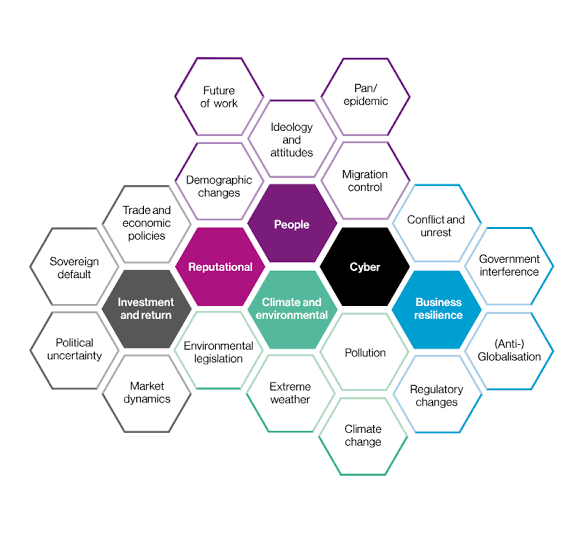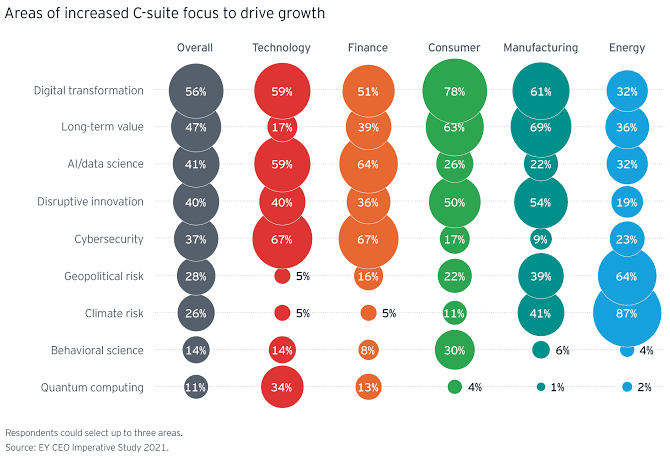
Geopolitical Resilience: The New Board Imperative
In today’s increasingly complex and interconnected world, geopolitical risks are rising sharply. From trade wars and sanctions to cyberattacks and climate change, companies face a multitude of potential disruptions that can impact their operations, supply chains, and bottom line.
This is where geopolitical resilience comes into play.
i. What is Geopolitical Resilience?

Geopolitical resilience refers to a company’s ability to anticipate, withstand, and adapt to unforeseen geopolitical events. It’s about proactively assessing and managing risks arising from the ever-evolving global landscape, minimizing their impact on the organization’s performance and long-term viability.
ii. Why is it a Board Imperative?
Traditionally, the management team has been responsible for navigating geopolitical risks. However, the increasing volatility and interconnectedness of the global environment makes it an issue that demands board-level attention. Boards are ultimately responsible for the company’s long-term success and sustainability, and geopolitical risks can pose significant threats to these goals.
iii. How can Boards Build Geopolitical Resilience?

Here are some key ways boards can contribute to building and ensuring geopolitical resilience:
A. Sharpen their understanding of the geopolitical landscape: Boards should stay informed about major geopolitical trends, emerging risks, and potential flashpoints around the world. This requires regular briefings, scenario planning exercises, and engagement with external experts.
B. Monitor developments and exercise oversight: Boards need to actively monitor how major geopolitical events unfold and assess their potential impact on the company’s operations. This includes oversight of risk management plans, scenario-based responses, and contingency measures.
C. Champion a culture of risk awareness: Boards should set the tone for a strong risk management culture within the organization. This involves encouraging regular risk assessments, transparent communication about potential threats, and proactive implementation of mitigation strategies.
D. Hold management accountable: Boards must hold management accountable for developing and implementing effective geopolitical risk management strategies. This includes ensuring adequate resources are allocated, expertise is available, and contingency plans are regularly tested and updated.
iv. Boards should prioritize the following strategies:

A. Risk Assessment:
o Regularly conduct comprehensive geopolitical risk assessments to identify potential threats to the business.
o Assess the impact of geopolitical events on supply chains, markets, and regulatory environments.
B. Scenario Planning:
o Develop scenario plans to anticipate and respond to different geopolitical situations.
o Consider the potential effects on operations, finances, and stakeholder relationships.
C. Diversification and Redundancy:
o Diversify supply chains and key partnerships to reduce vulnerability to geopolitical disruptions.
o Establish redundancy in critical operations to ensure continuity during periods of geopolitical uncertainty.
D. Regulatory Compliance:
o Stay informed about changing global regulations and compliance requirements.
o Adjust business strategies to align with evolving geopolitical landscapes and regulatory frameworks.
E. Stakeholder Engagement:
o Foster strong relationships with governments, local communities, and international partners.
o Proactively engage with stakeholders to navigate geopolitical challenges collaboratively.
F. Cybersecurity Preparedness:

o Enhance cybersecurity measures to protect against geopolitical threats, including cyber-attacks from state-sponsored actors.
o Implement robust data protection and privacy measures to comply with varying international standards.
G. Talent Management:
o Build a diverse and adaptable workforce capable of navigating geopolitical complexities.
o Provide cross-cultural training to employees operating in regions prone to geopolitical tensions.
H. Financial Resilience:
o Maintain financial flexibility to withstand economic and geopolitical shocks.
o Consider currency risks and fluctuations in financial planning and decision-making.
I. Monitoring and Early Warning Systems:
o Establish monitoring systems to track geopolitical developments and receive early warnings.
o Utilize intelligence networks and data analytics for timely risk detection.
J. Adaptability and Agility:
o Foster an organizational culture that values adaptability and agility.
o Develop flexible business models capable of adjusting to geopolitical shifts quickly.
K. Communication Strategy:
o Develop a robust communication strategy to address stakeholders during times of geopolitical uncertainty.
o Ensure transparency and clarity in conveying the organization’s position and response plans.
L. Sustainability and ESG Focus:
o Embrace sustainability practices and maintain a strong focus on Environmental, Social, and Governance (ESG) factors.
o Demonstrate commitment to responsible business practices amid geopolitical challenges.
By integrating these strategies, boards can enhance geopolitical resilience, ensuring the organization is well-prepared to navigate the complexities of an ever-changing global landscape.
v. Resources and Tools:
Several resources and tools can help boards in their quest for geopolitical resilience:
o McKinsey’s “Geopolitical Resilience: The New Board Imperative” report: This report provides a comprehensive framework for boards to navigate geopolitical risks and build resilience.
o World Economic Forum’s Global Risks Report: This annual report offers insights into the top global risks, including geopolitical ones, and can help boards prioritize their focus.
o External geopolitical risk advisory firms: Several firms specialize in providing companies and boards with tailored geopolitical risk analysis and mitigation strategies.
vi. Conclusion:
Building geopolitical resilience is no longer a luxury but a necessity for companies operating in today’s turbulent world.
By actively engaging with this issue, boards can play a crucial role in safeguarding their organization’s future and ensuring its long-term success in the face of an uncertain geopolitical landscape.
